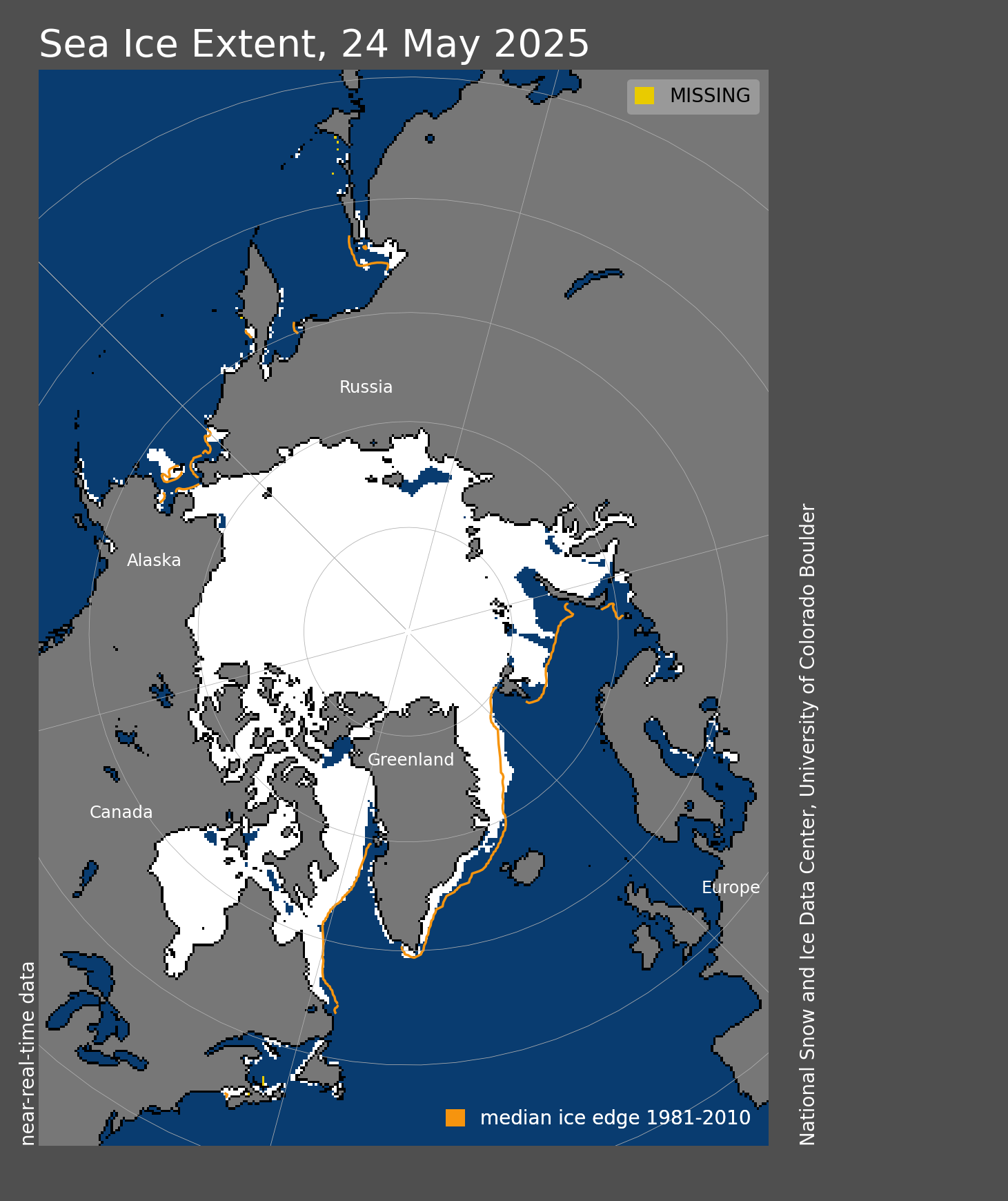Arctic ice melt: worst fears confirmed

Arctic sea ice decline, courtest of National Snow and Ice Data Center
Well, the scientists have been predicting it for a good few weeks now. The Arctic ice has finally reached its lowest extent since satellite records began in 1979. And it could still decrease further as changing winds push ice floes together, according to the US National Snow and Ice Data Centre ISIDC. The final figures will only come in October, but the long-term downward trend in Arctic ice extent is reinforced, according to NSIDC. The ice is now 45% less than it once was.
Greenpeace and the climate movement 350.org are making special appeals for urgent climate action. Greenpeace International Exectutive Director Kumi Naidoo, who recently climbed onto a Gazprom oil platform to protest against oil drilling in the Arctic, described the sad record as a “defining moment in human history. In just over 30 years we have altered the way our planet looks from space, and soon the North Pole may be completely ice free in summer.”
Dr. Julienne Stroeve, a scientist from NSIDC, is currently aboard a Greenpeace ship in Svalbard. After conducting research into the ice melt. She says the new record suggests the Arctic could have entered a new climate era, where a combination of thinner ice with warmer air and ocean temperatures result in more ice loss each summer. She also draws attention to the impacts this will have all over the northern hemisphere, not just in the far north. “The loss of summer sea ice has led to unusual warming of the Arctic atmosphere, that in turn impacts weather patterns in the northern hemisphere, that can result in persistent extreme weather such as droughts, heat waves and flooding,”, according to Dr. Stroeve. Now some of the mainstream media seem to be picking up this aspect. It shows me once again that most people will only start to worry about something if they see it will affect them personally. The trouble is, by that time, too much damage will already have been done. But it’s never too late to turn over a new leaf. Is it?















